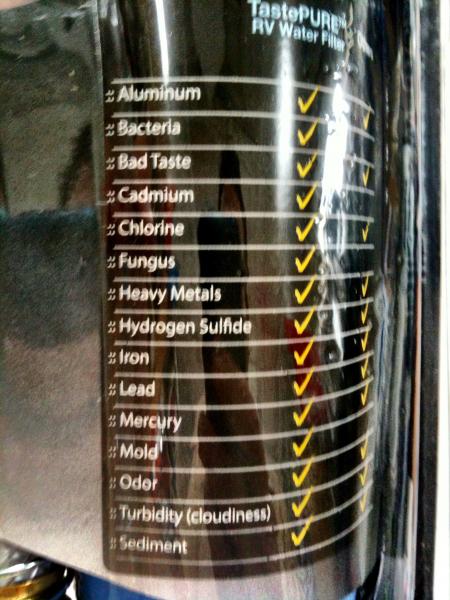- Joined
- Jan 23, 2008
- Messages
- 65,431
- Reaction score
- 10,793
since i brew 5 gallon batches any harm using a whole camden tablet for the five gallons
Not that I recall. However, I find it easier to just weigh a tablet for reference and then crush all of them into a powder for more specific dosing and to aid dissolving.



